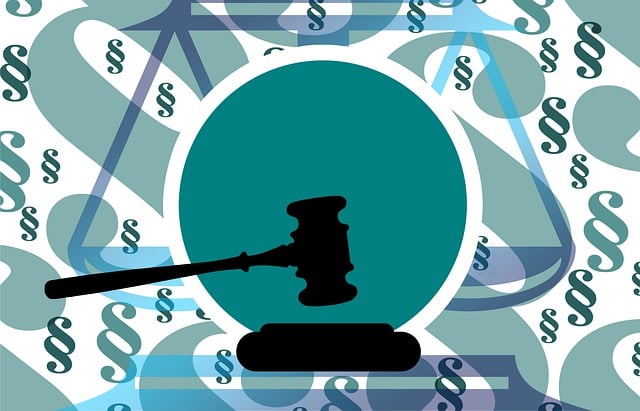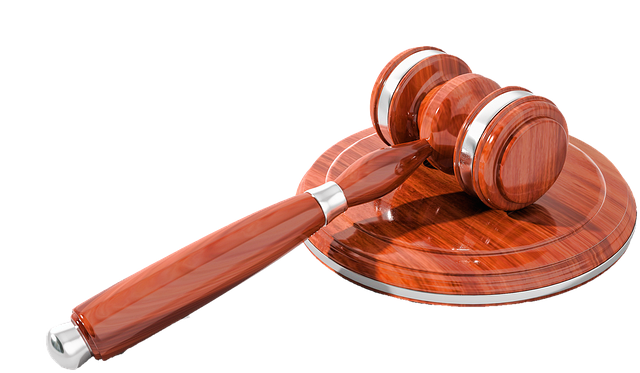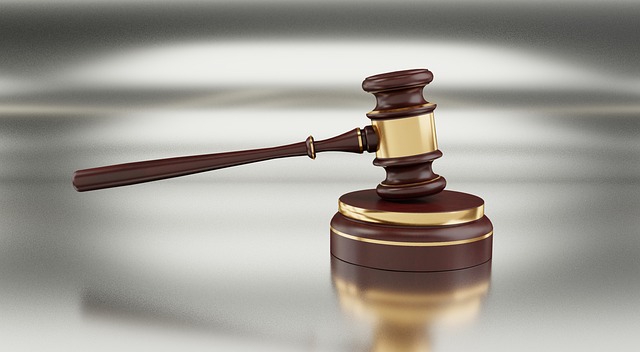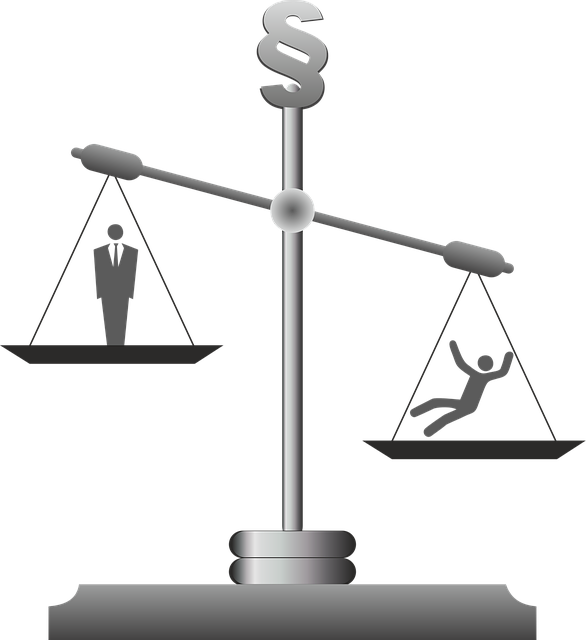Criminal law cases hinge on fair jury trials, where legal grounds for jury selection objections are crucial. This process involves scrutinizing potential jurors through questionnaires, challenges, and peremptory challenges to ensure bias-free assessment of evidence. Attorneys must object based on prior experiences, connections, or biases to maintain impartiality, particularly in high-profile cases. Effective jury selection strategies significantly impact trial outcomes, demanding a diverse, representative panel for unbiased justice, especially in complex cases where community trust is vital.
“Delve into the intricate world of criminal law cases, where understanding the fundamentals is key to navigating complex legal proceedings. This article provides a comprehensive overview, focusing on critical aspects such as jury selection and the role of juries in criminal trials. Explore ‘Legal Grounds for Jury Selection: A Comprehensive Look’ to uncover the criteria guiding this process. Additionally, learn about ‘Objections During Jury Selection Process’ and discover best practices for effective jury selection, offering valuable challenge strategies for legal professionals.”
- Understanding Criminal Law Cases: An Overview
- The Role of Juries in Criminal Trials
- Legal Grounds for Jury Selection: A Comprehensive Look
- Objections During Jury Selection Process
- Best Practices for Effective Jury Selection and Challenge Strategies
Understanding Criminal Law Cases: An Overview

Criminal law cases involve a wide range of legal procedures focused on crimes and their punishment. Understanding these cases requires graspings the intricate interplay between accused individuals, prosecutors, and the justice system. At its core, criminal law seeks to establish guilt or innocence based on specific legal grounds defined by statutes and precedents.
One critical aspect of these cases is the jury selection process, which involves challenging potential jurors for bias or prejudice through objections. Legal grounds for such objections often center around ensuring a fair and impartial jury trial—the cornerstone of any respectable respective business within the justice system. This meticulous process aims to achieve a complete dismissal of all charges only when the accused is proven guilty beyond a reasonable doubt, upholding the rights of both the individual and the community.
The Role of Juries in Criminal Trials

Juries play a pivotal role in criminal trials, acting as the judges of fact and law. They are tasked with evaluating evidence, assessing witness credibility, and ultimately reaching verdicts that can determine an individual’s fate. The process begins with jury selection, where attorneys from both sides have legal grounds for objections to ensure a fair and impartial jury. This stage is crucial in avoiding indictment and forming a winning challenging defense strategy.
During all stages of the investigative and enforcement process, juries must remain unbiased, considering only the presented evidence. They must set aside personal biases, preconceptions, and external influences to deliver just verdicts based on the legal grounds provided by the judge. This ensures that justice is served and protects the rights of both victims and the accused.
Legal Grounds for Jury Selection: A Comprehensive Look

The selection of a jury is a pivotal phase in criminal law cases, as it significantly influences the outcome of trials. The legal grounds for jury selection are meticulously outlined to ensure a fair and impartial judiciary system. This process involves several steps, from initial questionnaire distribution to challenges and peremptory challenges, allowing both the prosecution and defense to scrutinize and narrow down potential jurors.
Objections play a crucial role in this procedure, with attorneys having the right to raise concerns about prospective jurors. These objections are based on various legal grounds, such as bias, prejudice, or lack of impartiality. By carefully evaluating each juror’s responses during voir dire, lawyers aim to build an unprecedented track record of fair trials, ensuring that the final jury is composed of individuals who can render a just verdict throughout all stages of the investigative and enforcement process across the country.
Objections During Jury Selection Process

During the jury selection process, both the prosecution and defense have the legal right to raise objections for specific potential jurors. These objections are based on legal grounds that can vary from a juror’s previous experiences or connections to the case at hand to biases or prejudices that might impact their impartiality. For instance, a defense attorney might object to a potential juror who has a history of working in law enforcement, fearing their perspective could be skewed towards the prosecution’s narrative.
Understanding legal grounds for jury selection objections is crucial not just for attorneys but also for maintaining fairness within the justice system. Objections ensure that the final jury panel is composed of individuals who can set aside personal biases and render a verdict based solely on the evidence presented in court. This process is critical, especially across the country, where cases involving philanthropic and political communities often attract heightened scrutiny, and the outcome of trials can sometimes lead to the complete dismissal of all charges.
Best Practices for Effective Jury Selection and Challenge Strategies

Effective jury selection is a strategic art that can significantly impact the outcome of criminal trials. The process involves scrutinizing potential jurors to ensure an impartial and fair panel. Attorneys should focus on identifying biases, personal experiences, or connections to the case that might influence their judgment. By asking thoughtful questions during voir dire, lawyers can uncover hidden prejudices related to legal grounds for jury selection objections, such as racial or gender bias, ensuring a diverse and representative jury. This meticulous approach aims to seat jurors who can set aside personal views and render a verdict based solely on the evidence presented.
Challenging potential jurors is a critical component of building a strong defense strategy. Lawyers must be prepared to raise objections during the selection process, utilizing legal grounds for jury selection objections. These challenges are not just about accepting or rejecting individuals but about shaping a jury that can provide an unbiased assessment of the facts. Across the country, successful winning challenging defense verdicts have highlighted the importance of a well-selected jury in ensuring justice is served. This involves a deep understanding of the community and its diverse perspectives, which can be crucial in navigating complex cases and fostering trust among philanthropic and political communities alike.
In conclusion, understanding the intricacies of criminal law cases, from the initial overview to the jury selection process, is paramount. The article has explored key aspects such as the role of juries and the comprehensive look at legal grounds for selection, along with strategies to navigate objections during this critical phase. By adhering to best practices in jury selection, legal professionals can ensure fair trials, protect constitutional rights, and ultimately uphold the integrity of the criminal justice system.






